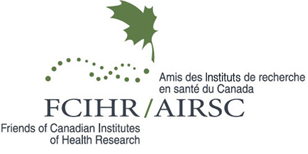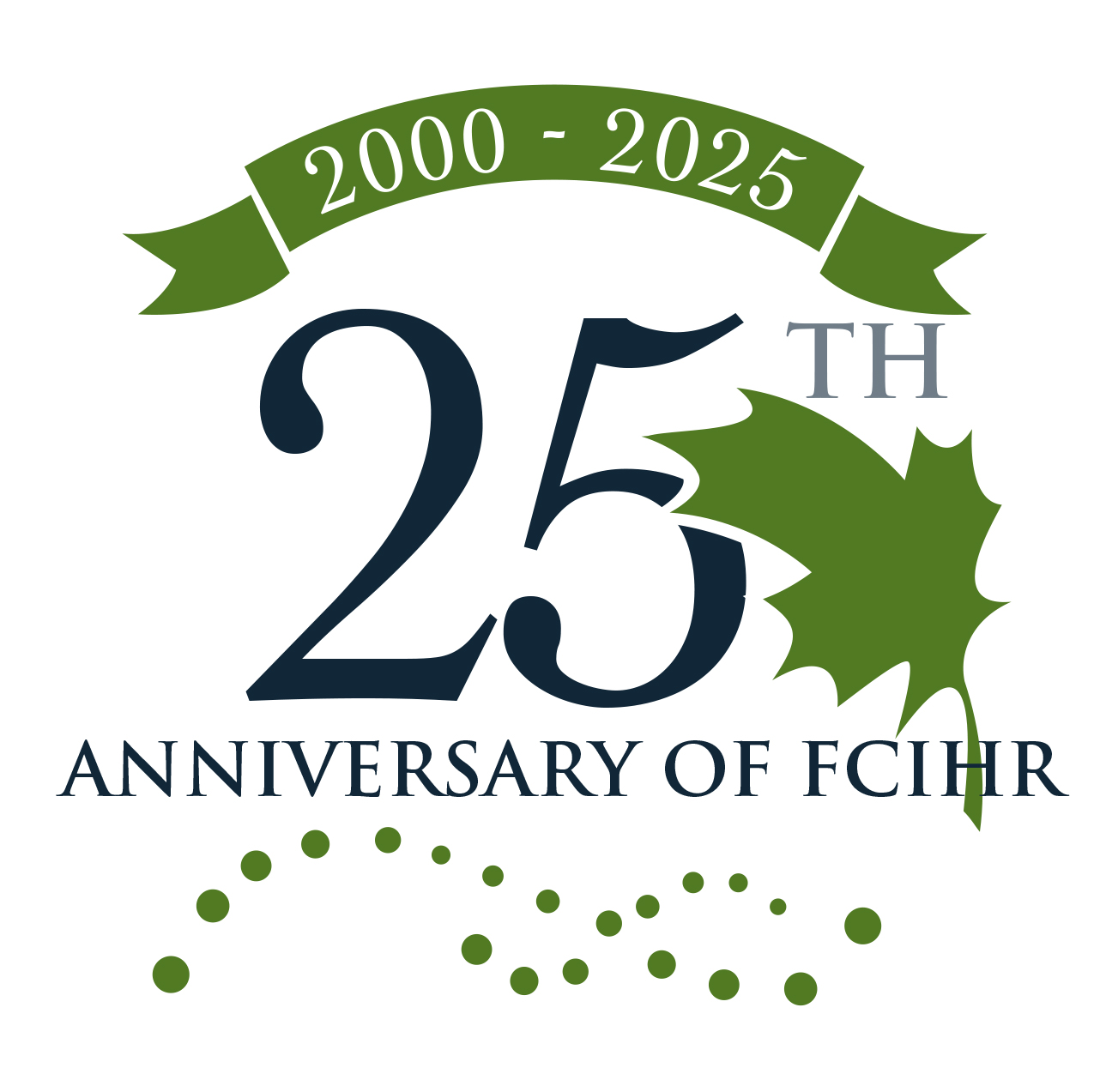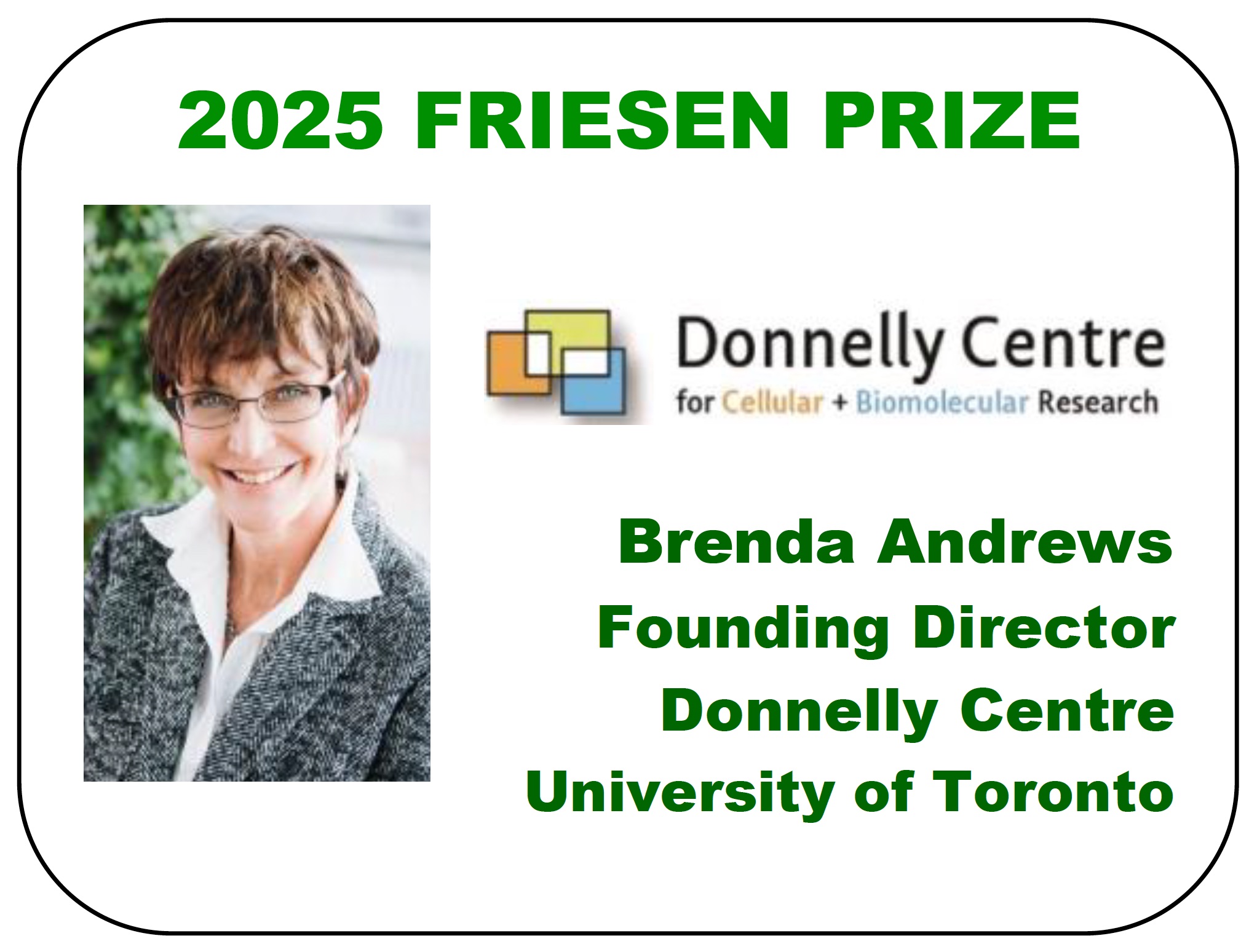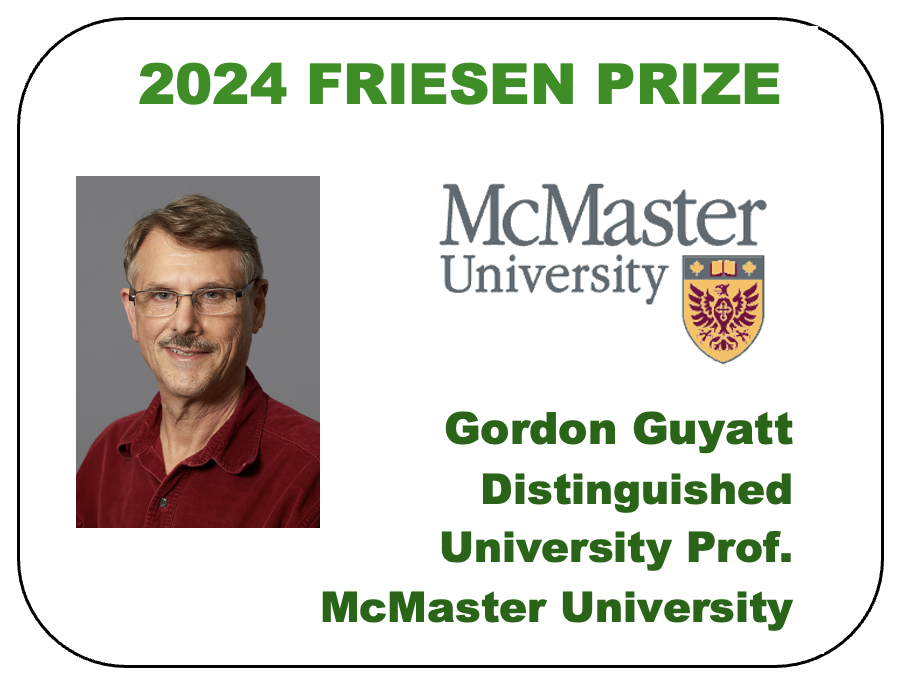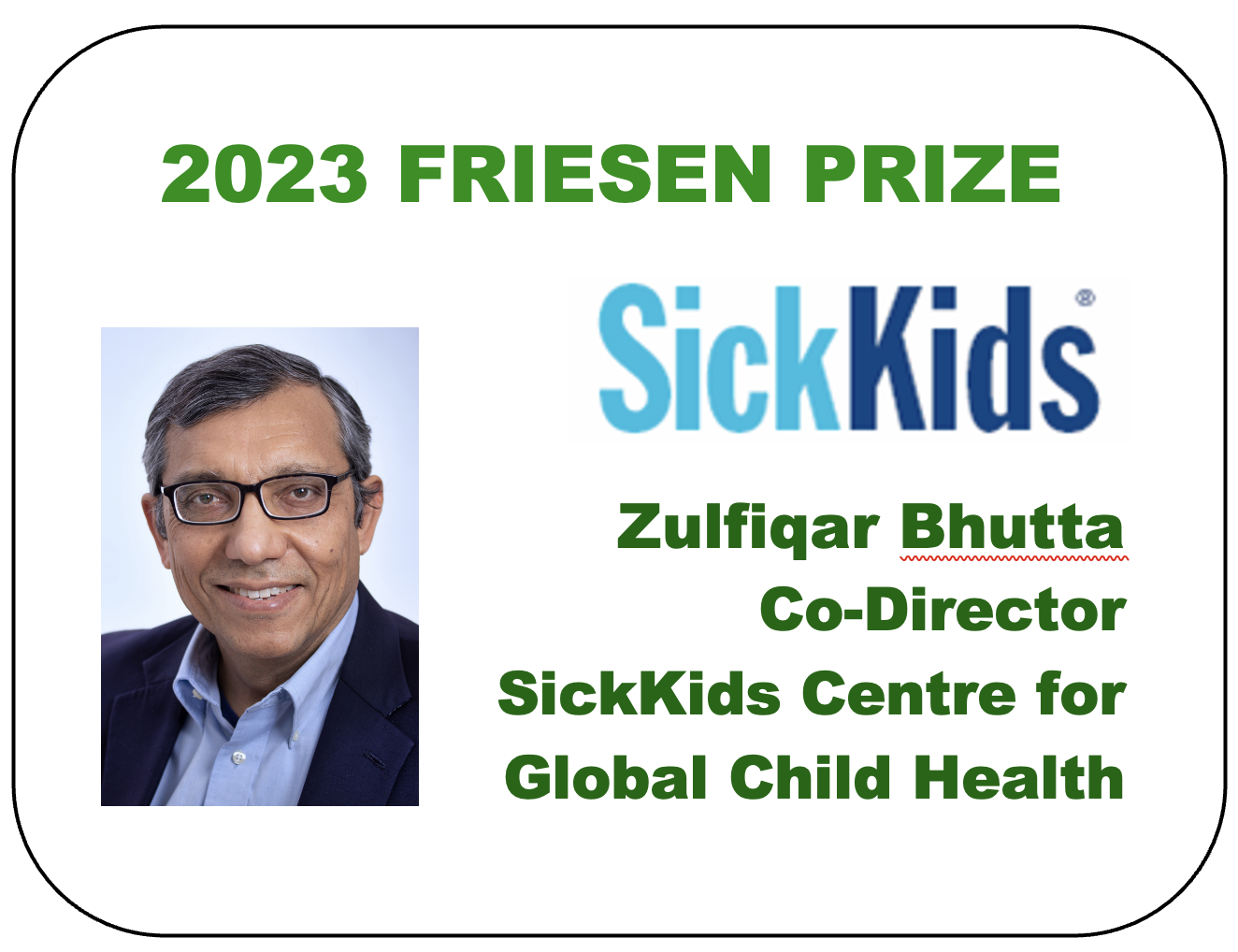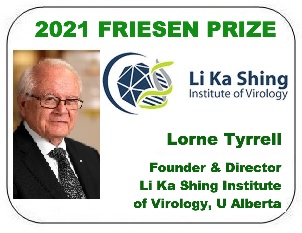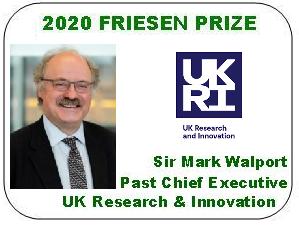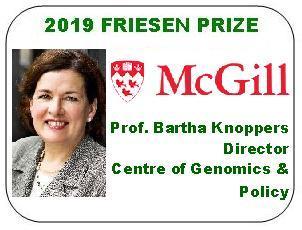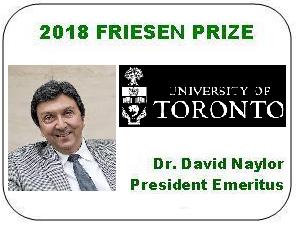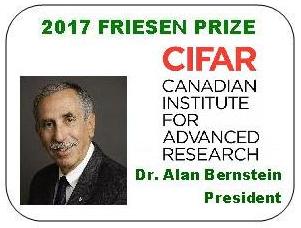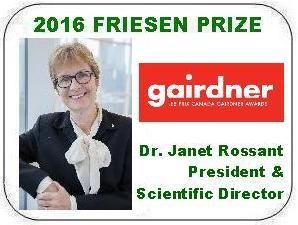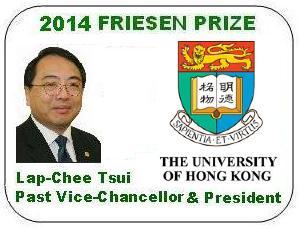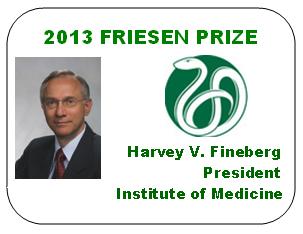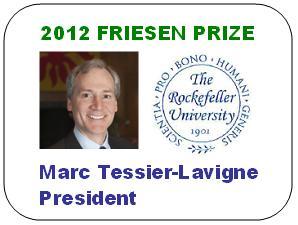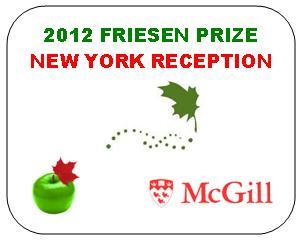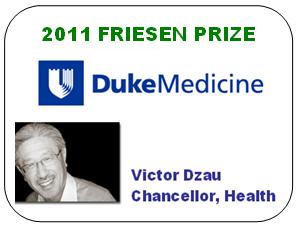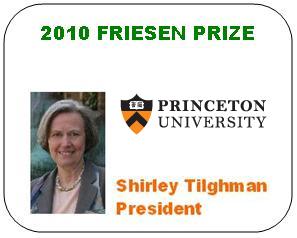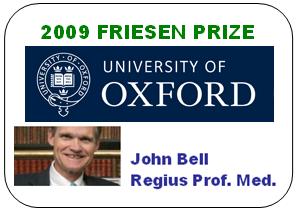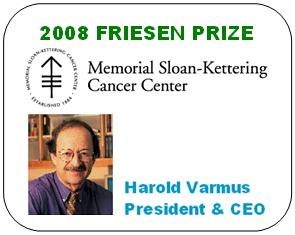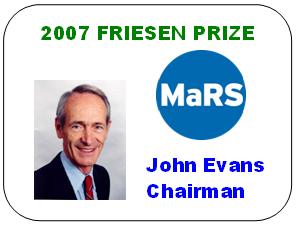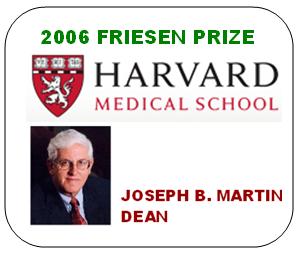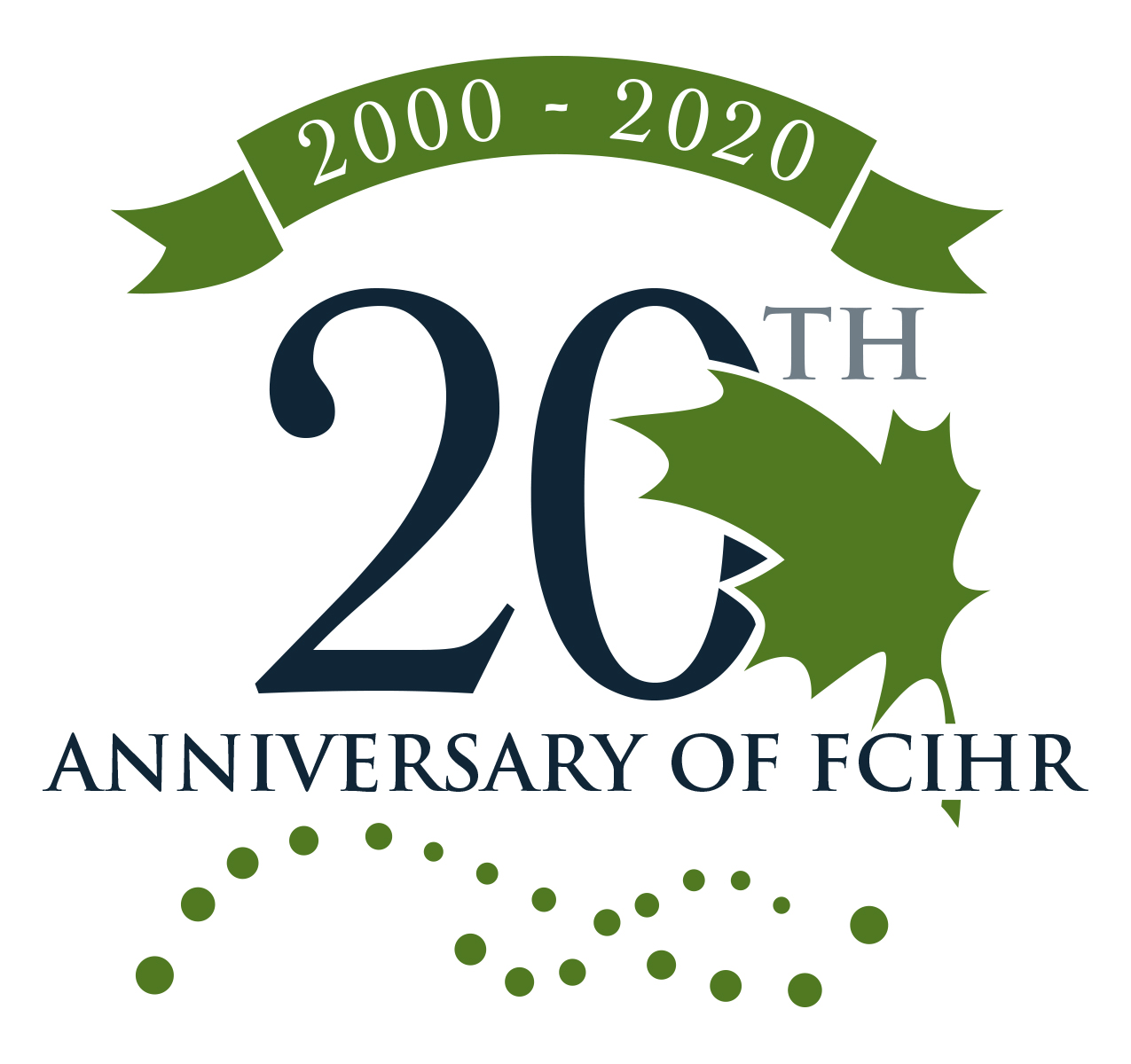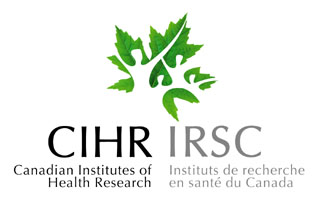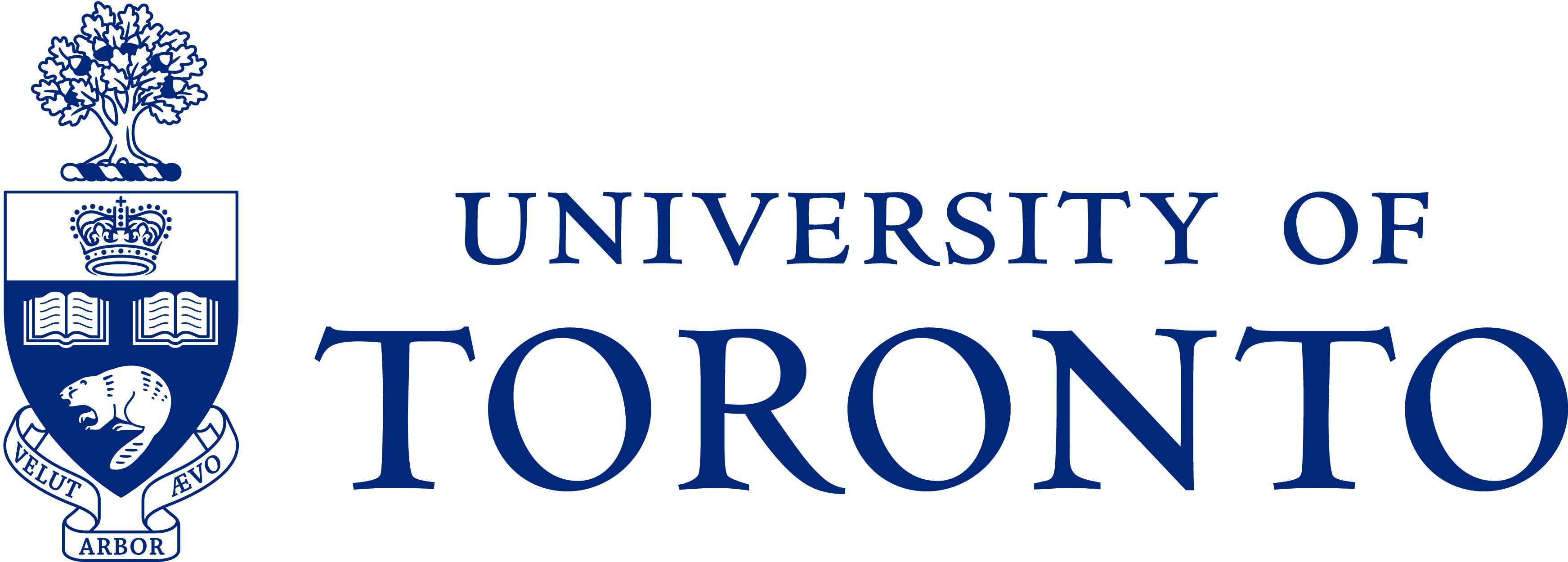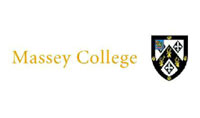2020 Friesen Prize Program
International virtual launch in Fall 2020.
February 2, 2021 – “COVID-19 highlights the strengths of the world’s health research system – and some much-needed improvements”
Click here to read CSPC Editorial
Authors: Bev Holmes, Alex MacKenzie , Bruce McManus, Aubie Angel
On October 6, 2020, the 2020 Friesen Prize Program was launched in collaboration with the High Commission of Canada in London, UK. Her Excellency Janice Charette (High Commissioner) and Dr. Aubie Angel (President, FCIHR) co-chaired the arrangement. This was a departure from the usual inaugural event where the Laureate was introduced to the Canadian scientific community in a Canadian setting. On this occasion, Sir Mark Walport delivered a Keynote address via ZOOM regarding the future of health research funding post-COVID, followed by brief presentations from senior UK and Canadian health science leaders. This event was supplemented with commentaries by FCIHR and an Executive Summary (link to download) prepared by Dr. Bev Holmes and Dr. Alex MacKenzie (see below).
Executive Summary
2020 Henry G. Friesen International Prize in Health Research – Virtual Launch
2020 Friesen Prize Recipient Sir Mark Walport calls for a major cultural shift in health research
Sir Mark Walport says UK and Canada are well-placed during this time of major societal disruption to partner on catalyzing urgently needed changes to the research enterprise.
This year’s awarding of the 2020 Henry G. Friesen International Prize in Health Research to Sir Mark Walport, former UK Chief Scientific Advisor and founding head of UK Research and Innovation, was the setting for an inspiring on-line discussion among a number of Canada’s and the UK’s top research leaders, including six former Friesen Prize recipients and the prize’s namesake himself, Dr. Henry Friesen. A list of participants is attached.
The Friesen Prize was established by Friends of Canadian Institutes of Health Research (FCHIR) in 2005 to honour the exceptional leadership, vision and innovative contributions of the Canadian endocrinologist and former President of the Medical Research Council of Canada. It is awarded annually to an internationally recognized individual, and involves a public lecture at a major Canadian academic institution as well as visits to sponsoring universities and research institutes. This year’s launch event, a partnership with the Canadian High Commission in London, was held online due to the global COVID-19 pandemic travel constraints. Sir Mark Walport’s Friesen Lecture will take place during an in-person visit to Canada in 2021, as social conditions permit.
Sir Mark’s presentation followed opening remarks by Canadian High Commissioner Janice Charette; Principal of University of Toronto’s Massey College Nathalie Des Rosiers; and FCIHR founder and President Aubie Angel. It was a stirring call to action, addressing topics as diverse as the culture of the research enterprise, the importance of research talent, the balance between discovery and responsive science, and the role of science communication: familiar themes taking on renewed importance during a global viral pandemic.
Noting he was humbled to join the ranks of previous awardees and receive a prize named in honour of such a distinguished clinician-scientist, Sir Mark reflected on the strong links between Canadian and UK health research. “At this crucial time of global disruption,” he urged, “We must do everything we can to foster and grow our deeply embedded relationships and shared values.”
While investments, drive and creativity – catalyzed by the adversity of two world wars – have led to a golden age for biomedical research, said Sir Mark, all is not well. The 8 billion people on earth face an array of demographic and economic challenges. They live longer, but are also ill longer, straining healthcare systems. Research can help, but the scientific enterprise faces challenges, including the lack of diversity, hyper-competitiveness, bullying and harassment, lack of research finding reproducibility, and pressure to publish or perish.
Sir Mark called on universities, research institutes and funders alike to address these crucial issues these while supporting the generation of evidence needed for sustainable and effective solutions to the world’s most pressing problems. “A diversity of views is needed to have these conversations,” he concluded, “And the UK and Canada are well placed to collaborate to catalyze them.”
A roundtable of responses
A specially-convened panel [see attached list of attendees] of Sir Mark’s colleagues – research leaders from across Canada and the UK – spoke in turn after his presentation. They acknowledged his many achievements, including his unstinting support of clinician-scientists, his critical role in the formation of Cambridge’s Sanger Institute and his work at UKRI, which brought together seven research councils, Innovate UK and Research England with a combined budget of £8 billion. They thanked him for his significant impact on Canadian science, for playing a mentoring role in the transition of the Medical Research Council to Canadian Institutes of Health Research in 2000, and in conceiving and overseeing the international Structural Genomics Consortium. Finally, they elaborated on the following issues he raised, sharing his concern, but also his optimism that solutions are at hand if members of the research community work together.
Culture of the research enterprise
Sir Mark and panel members noted that the pandemic has emphasized the importance of research not only in specific pillars, but across and beyond them. Many problems require aspects of biomedical, clinical, health services and policy, and population health research – as well as a focus on social determinants – or ‘sante durable.’ As one panel member said, “We have talked about this comprehensive approach for a long time, but we have a long way to go.”
The panel called for more diversity in research system leadership, including those from the humanities, and an exploration of the tensions between research investments in health care, and elements of society that affect health, for example homelessness and guaranteed basic income. They remarked on the “trend of interdisciplinary convergence” that COVID-19 has heightened, and the lessons it has offered on the benefits of global collaboration. To truly capitalize on these lessons, the panel urged attention to the cultural aspects of the research enterprise, including unhealthy competition, systemic racism and sexism.
Top down and bottom up
“History tells us we must continue to fund discovery research – that by uncovering the secrets of nature, we discover unexpected things,” said Sir Mark. But he also underscored the need for research to tackle the questions of policy makers – and of society – be they transmission mechanisms for COVID-19 or measuring environmental emissions accurately and cheaply.
Response-led funding is critical, agreed the panel: “There is an expectation of the duality: the investigator driven research, the so-called free market of ideas, but also the societal responsibility to be responsive to ‘questions du jour’.” One panelist said the use the results of science in decision-making has never been more important, nor has the need for science to pay attention to the needs and aspirations of society. Another noted that, notwithstanding this very real imperative, it is important to understand that “scientific discovery is often a long game.”
All agreed on the need for more collaboration and more inter-disciplinarity: academia must collaborate with government, industry and civil society. An important consideration, said one panelist, is defining the standing structures needed in society to reconcile this discovery vs response-driven balance, including convening related discussions.
Engage, train and empower the next generation
There was collective acknowledgment among the panel of the need to engage, train and support young scientists, enabling them to achieve scientific independence earlier so they can use their creativity, energy and insights to make important breakthroughs. The lengthening gestation required for scientific autonomy was noted; one panelist pointed to a just-announced Nobel laureate in medicine who conducted his prize-winning research at an age when many today are still post-doctoral fellows.
Given the strong evidence that the pandemic is compromising the careers of young and mid-career investigators – as well as their perceptions of the viability of science as a career – this issue was top of mind for the panel, which urged action by funders and research leaders. Solutions, they said, must include attention to the recruitment of under-represented segments of society in the research enterprise, and discussion on the trade-offs between investments in established scientists and the new generation.
Science in society and with society
There was wide agreement with Sir Mark that seldom has the need for clear scientific communication been greater, given the profusion of counter-productive and conflicting evidence circulating in the public sphere during the pandemic, as well as what one panelist called “willful misrepresentations of the science.”
Both the opportunity for, and the responsibility of, the scientific community to respond to the wavefront of misinformation were a topic of discussion. Scientists were urged not to shrink from their roles as advocates and educators, helping to increase scientific literacy broadly while forcefully bringing home the message of the value of research and the evidence it generates. One strongly-endorsed solution was more open dialogue with the public: “The public has respect for science and scientists, but we need to engage in accelerated efforts.” But they were also reminded to “curb their enthusiasm” in a time of easily and rapidly produced findings: “Open science needs to be backed by robust open review,” said one panelist.
Summing up: Learning from COVID-19 to strengthen science as a public good
While acknowledging the foundations of our research system are being deeply challenged, the panel noted this is a time of opportunity. “We should learn from the uneven response to COVID 19 that we must do better in coordinated efforts to benefit society,” was one concluding remark. Panelists enthusiastically agreed that Sir Mark Walport, given his illustrious career, embodies the type of vision and leadership needed to act on this learning.
Sir Mark’s October 6th presentation and the roundtable responses, comprising a clear call to action for our collective research enterprise, can be seen here:[https://youtu.be/u2ZrJADFMAA]
Signed by Rapporteurs:
Dr. Bev Holmes
Dr. Alex MacKenzie
On behalf of FCIHR Executive
Presented by / Présenté par
Major Sponsors
Link to U of T web site:
Research & Innovation
